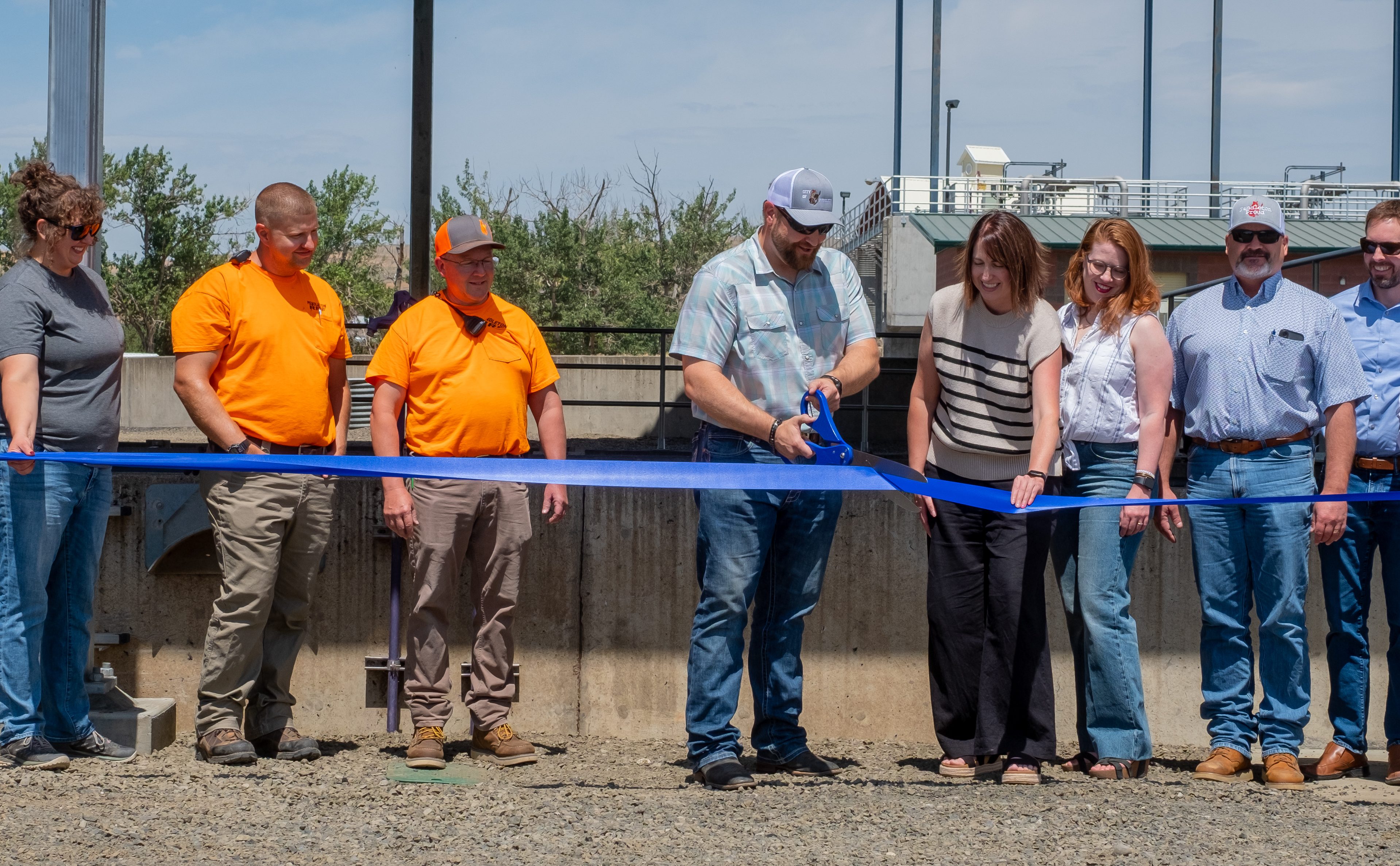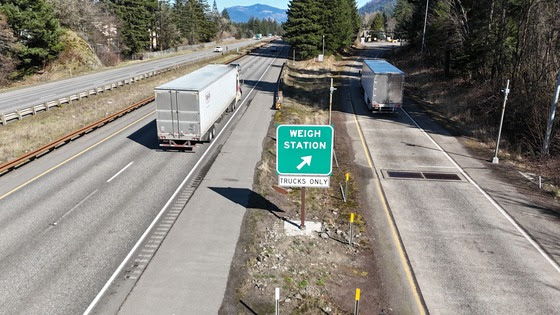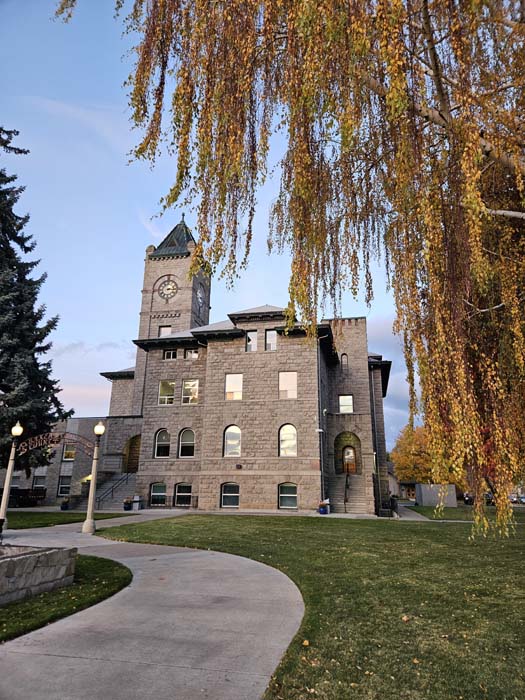7 Ways Rainy Season Can Impact Your Home
Published 12:33 pm Tuesday, November 19, 2024

- 7 Ways Rainy Season Can Impact Your Home
(BPT) – Rainy season in the northwest is not for the faint of heart.
With months of heavy rainfall, homeowners need to be prepared for the potential impact on their homes. The consistent moisture and saturated soil can cause a range of issues that can worsen existing problems or create new ones.
The experts at Groundworks are sharing seven of the most common ways the rainy season affects your home and what you can do to protect it.
1. Worsens Existing Foundation Cracks
Rainy weather can turn minor foundation cracks into major ones. As the rain saturates the soil around your home, the ground expands and places additional pressure on your foundation. If your foundation already has small cracks, this pressure can make them larger, allowing more water to seep through. The expanding soil forces cracks to widen, making your foundation even more vulnerable.
If you’ve noticed cracks in your foundation, now is the time to take action. DIY fixes may temporarily mask the problem, but they won’t provide a lasting solution, especially when heavy rains increase the strain on your home.
2. Causes Wet Floors
One common issue during rainy season is water entering through the cove area, where the wall and the floor meet. When the soil around your home becomes oversaturated with rainwater, hydrostatic pressure builds up. This pressure can force water through gaps at the cove, leading to wet floors and potential basement flooding.
Proper drainage and basement waterproofing solutions can help divert water away from your foundation and prevent this issue from becoming a serious problem.
3. Increases Humidity and Leads to Mold Growth
The constant rain during the northwest’s wet months can lead to increased humidity inside your home, especially in crawl spaces and basements. When the moisture in the air has nowhere to escape, it creates the perfect environment for mold and mildew to thrive. Mold not only causes musty odors, but it can also damage your home’s structure and pose health risks to your family.
To avoid mold growth, ensure your home has proper ventilation and consider encapsulation for your crawl space and adding a dehumidifier in your basement.
4. Leads to Leaky Roofs and Gutters
Heavy rainfall reveals any weak spots in your roofing and gutter system. If your gutters are clogged or your roof has missing shingles, rainwater won’t drain properly. Instead, it can seep into your home, causing water damage to walls, ceilings, and even your foundation.
Be proactive by inspecting and maintaining your roof and gutters before the rainy season hits. Clean out any debris and make sure your downspouts direct water away from your home’s foundation.
5. Shifts in Soil Can Cause Foundation Settlement
Intense rain doesn’t just cause problems above ground — it can also affect the soil beneath your home. When the soil becomes waterlogged, it loses its ability to properly support your foundation. As the soil shifts and settles, so does your home. This movement can lead to uneven floors, sticking doors, and cracks in your walls.
If you notice these signs of foundation settlement, it’s essential to get your foundation inspected. Professional foundation repair solutions can help stabilize your home and prevent further damage.
6. Expands Cracks in Driveways and Patios
Just like foundation cracks, small cracks in your driveway or patio can become larger during the rainy season. Water seeps into the cracks, and when temperatures drop, it freezes and expands, worsening the damage. Over time, this can lead to uneven surfaces and increased wear on your concrete.
Sealing these cracks before the rainy season hits can help prevent further damage.
7. Creates Water Puddles Around Your Home
With all that rain, it’s no surprise water pools around your home’s foundation. If you don’t have proper drainage systems in place, standing water can erode the soil and lead to foundation damage. Pools of water also increase the risk of moisture seeping into your basement or crawl space.
Consider installing a drainage system and ensure your landscaping directs water away from your home. This protects it from erosion and moisture damage.
Rainy season is inevitable, but the damage it causes doesn’t have to be. By taking proactive steps, you can protect your home from the effects of heavy rainfall.
If you’ve tried DIY solutions in the past or have existing issues that are only getting worse, now is the time to call in the experts. Reputable companies, like Groundworks, offer free inspections and tailored solutions to help protect your home for years to come.





